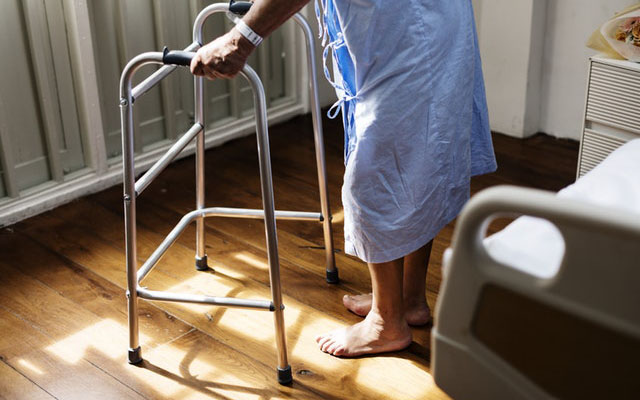
It may not seem like arthritis and cancer have much to do with each other, one being a chronic inflammation of the joints and the other an unchecked spread of malignant cells. However, emerging research has found that people with arthritis, especially rheumatoid arthritis, are at a greater risk for certain types of cancer. Interestingly, the risk seems to be highest within the first few years after diagnosis.
To add a greater level of nuance, study results reveal that people with RA may actually be less likely to develop certain types of cancer. But when they do get those forms of cancer, both the symptoms and the prognosis tend to be worse.
Specifically, the overall risk for breast, gastrointestinal, liver, and colon cancers is lower in people with RA. Unfortunately, the death rate for people with RA and these forms of cancer is significantly higher.
Experts suspect that the connection has to do with several factors, including genetics, lifestyle, and use of medications for arthritis. Some factors you can control and others you can’t. To help you do what you can and not worry about the rest, we have broken down 7 ways that arthritis may lead to cancer. Several of these paths can be avoided purely by personal initiative, but #6 requires a partner in health and may be tougher to conquer.
